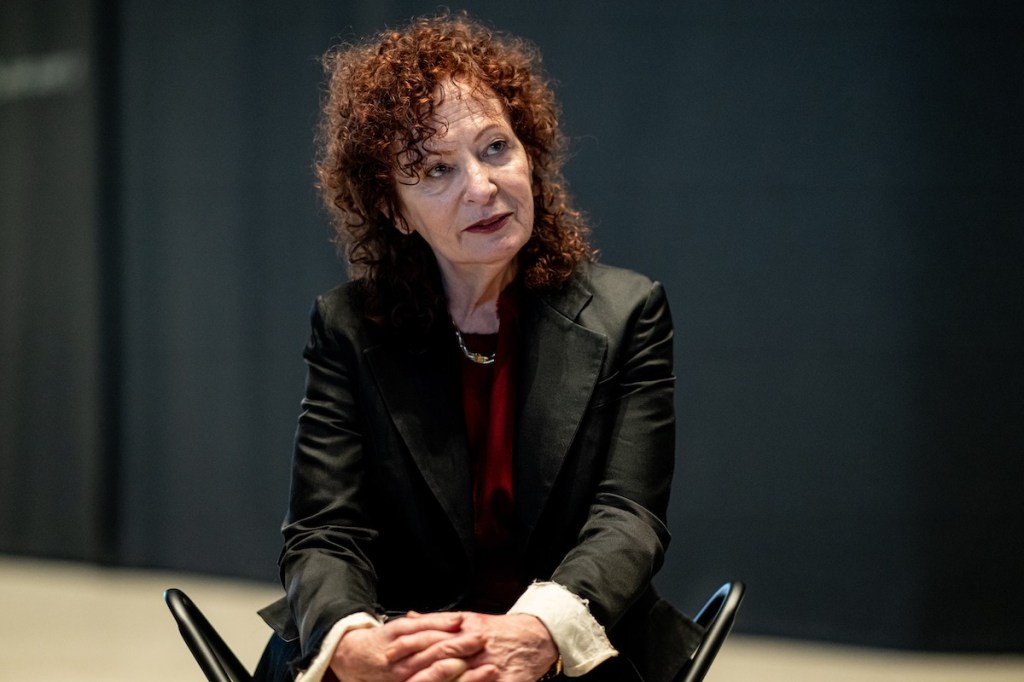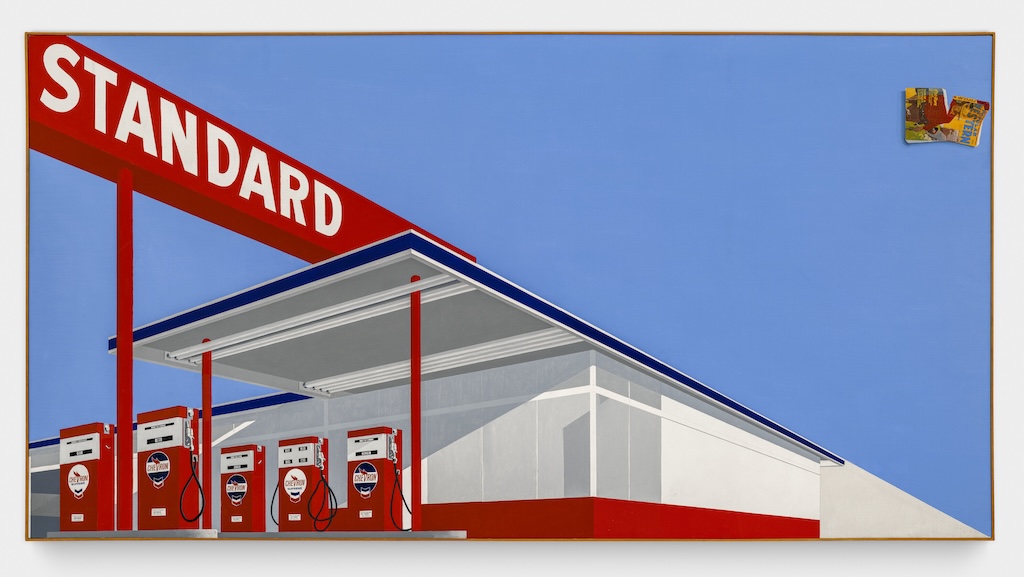For over a month, more than 11,000 TV and film writers have been on strike over key issues involving equitable pay and working conditions in the streaming era. They see the strike as fundamental and vital to preserving writing as a livelihood: As studio and streaming executives swallow up massive profits, the people who make the shows and movies that generate those profits are simply asking for their piece of the pie.
It has a lot of parallels to the issues raised on the HBO show “Succession,” which aired its stunning series finale last Sunday. The show’s writers are among the 11,500 TV and film members of the Writers Guild of America East and West currently on strike. (HuffPost’s unionized staff are also members of the WGAE.)
The stellar and endlessly quotable writing is almost always one of the first things viewers of the show bring up when praising it. And as creator Jesse Armstrong explained, TV and film writers are on strike over the kinds of conditions that make great shows like “Succession” possible.
“One of my most favorite parts of the show is the writers’ room. Our room is not one of these mini-rooms. It’s a big, full room and it runs for a long time. And then writers who have written in the writers’ room, many of them come to be on set,” he told “Fresh Air” host Terry Gross in an interview airing Monday on NPR. “Those kinds of things, although they cost money, I think helped to make the show as good as it is, and there’s just a variety of writer who is likely to get cut out of the financial action, unless the WGA gets at least some of what it’s asking for. So I’m supportive of the position.”
Dimitrios Kambouris via Getty Images
Armstrong is referring to two big issues at stake in the writers’ strike. In the streaming era, executives on a growing number of shows have utilized what are known as “mini-rooms.” Instead of hiring a full writers’ room, a show might employ a smaller staff composed of fewer writers working for a shorter duration — sometimes as few as three writers working on a show for just a handful of weeks.
That structure can have adverse effects on both the shows themselves and on the careers of writers. It often means writers have to move from job to job more quickly, and struggle to pay their bills and be eligible for health insurance. The smaller size of the writing staff also means that many writers, especially those from underrepresented backgrounds and those who have less experience in the industry, often get shut out.
The other issue is that the work of writers doesn’t end solely when the scripts are written. As Armstrong noted, on “Succession,” multiple writers are on set at any given point. When writers are on set, they gain valuable experience that helps them move up in the industry and eventually lead their own shows.
It also improves the quality of the show: When writers are present during filming, they can make adjustments if a line or a scene needs improvement. For instance, on dialogue-driven shows like “Succession,” writers prepare what are known as “alts”: alternate lines or jokes that actors can try during different takes of a scene to see what lands best.
In demonstrating support for the strike, many of the show’s writers and actors have often cited these very conditions as examples of why all writers need to be paid equitably and given these conditions to do their work.
“It begins and ends with the writing for me,” actor Natalie Gold told HuffPost last week. “These writers have given me one of the greatest gifts of my life, and I’m just forever grateful and in awe of them. And having them on set — at least three or four writers on set — it’s the only way to work, the best way to work.”
In the “Fresh Air” interview, among Armstrong’s first extensive comments about the “Succession” series finale, he also discussed why — to borrow a phrase from actor Jeremy Strong — each character’s ending made sense dramaturgically. Ultimately, the show is about characters who are fundamentally incapable of change, perpetuating the same cycles of abuse they received from family patriarch Logan Roy (Brian Cox). (Or as Strong’s character, failson Kendall Roy, says on the show: “Maybe the poison drips through.”)
“There’s a sort of sense about narrative, especially screenplay, that that’s what happens in a script: that people grow, they learn, and that is the shape of the script. And I would gently reject that, I guess,” Armstrong told Gross. “I don’t think that has to be the shape of the story. I don’t think it’s a true shape of all stories. Not that you can’t make a great story out of those things — and I’d like to write some of those — but that isn’t the story of this show. That doesn’t seem to be the truth of these people. And so we had to find story shapes which didn’t follow that particular shape.”
Read and listen to the full interview here.










